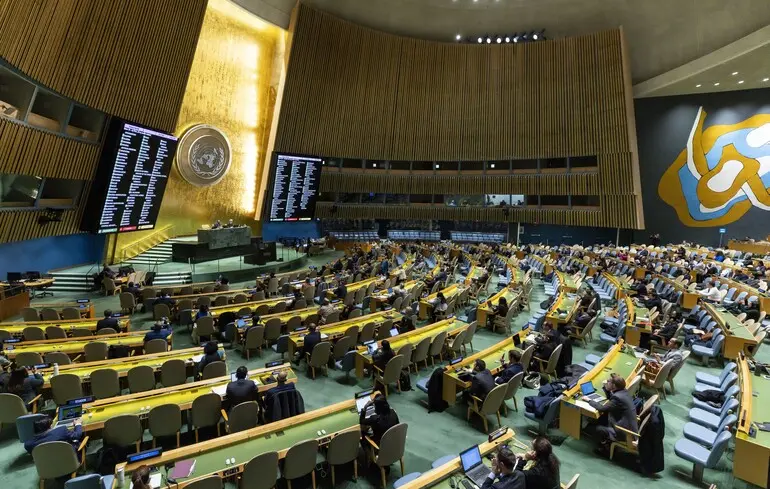Can the UN Overcome Its Relevance Crisis and Maintain Influence in the Modern World?

Since its founding in 1945, the United Nations has been at the heart of international relations, but its relevance in today’s global landscape increasingly faces doubt.
Initially created amid post-war optimism, the organization relied on its ability to serve as a platform for dialogue and public diplomacy: it could publicly criticize member states and draw worldwide attention to critical issues.
Over time, this ideal has been challenged by numerous crises, including ongoing conflicts in Ukraine, Gaza, Sudan, and the global fight against climate change.
As a result, modern UN often appears more like a passive spectator in a world dominated by power politics and strategic interests.
Internal reforms—such as restructuring the Security Council, democratizing decision-making processes, controlling expenditures, and reducing bureaucracy—are essential but difficult to implement.
Critics, including former leaders, note the declining influence and popularity of the organization: the UN headquarters feels more like a mausoleum than a vibrant hub of activity.
At the upcoming New York gathering of the General Assembly, world leaders discuss the urgent need for reforms, but the persistent deadlock within the Security Council — where veto power holds sway — hampers action.
Emerging powers and traditional actors from the Global South push for increased influence, viewing the current structure as outdated.
The Pope and other high officials warn that the UN is losing its capacity to unite people, and its future depends on political will.
Proposed reforms aim to make the UN leaner, more effective, and focused on core priorities—peace and security, development, and human rights.
However, resistance from Cold War-era institutions and the interests of major powers threaten these efforts.
The new leadership of the UN in coming years must address internal weaknesses and redefine its role to regain authority and credibility.
Historically, the UN faces the risk of veering toward irrelevance, much like the League of Nations, which failed to prevent World War II.
The current challenges require sweeping changes, and the destiny of this organization depends on the collective resolve of its member states.

